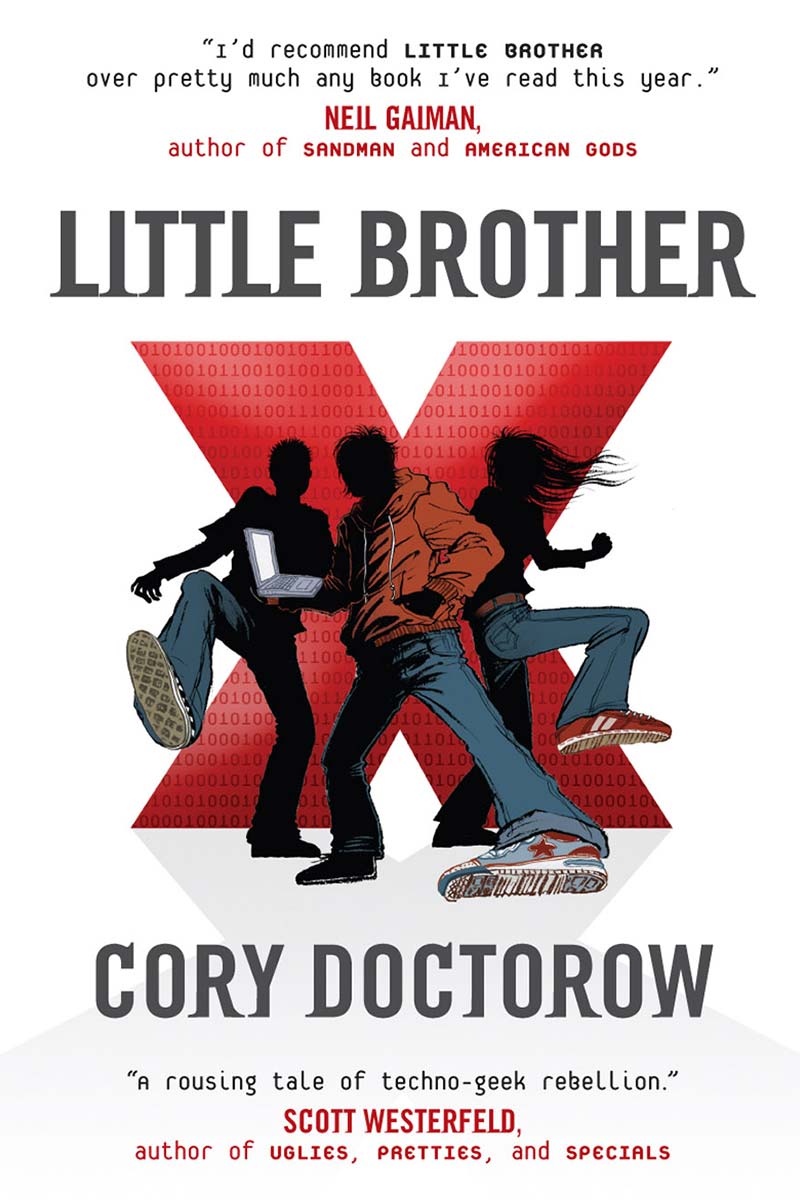In the run-up to last week’s benefit for the Comic Book Legal Defense Fund, Brian Heater of the Daily Crosshatch blog conducted a two part interview with me; he’s just posted part two.
Do you have this extended universe of fan fiction in mind when you work on these books?
No, not at all. It’s actually kind of interesting, I think. The way I approach the creative element of what I do and the critical element are almost completely separate. I sit down and write almost as a therapeutic exercise. When I’m finished writing for the day, I often don’t remember what I’ve written. I go back and review it, and I’m often surprised by it. I’ve written stories and novels and things that have taken me years and years to write and when I got to the ending, I didn’t like it and rethought it entirely and then rewrote the ending and then turned back to the first page, only to realize that I’d foreshadowed that ending, four years before, but hadn’t known until that day.
I have almost no premeditation on cultural-political things when I write. Even on a political book like Little Brother, it was actually an emotional reaction to a bunch of things that I was feeling in regard to the “war on terror.” I didn’t sit down and say, “what’s the best way to alarm children about surveillance?” I sat down and thought, “how can I artistically approach this subject in a way that I find the most aesthetically pleasing?”
But you are hoping that, once it’s out there, readers will adopt the work in creative ways.
Yeah, well, in the same way that there’s a compositional and editorial process, when you do anything creative, when I finish with the story, look at it, edit it, and prepare it for publication, and show it to my agent, and so on, I certainly do think of that at that stage. But the creative process, for me, is all about getting into a nice space and doing something totally creative that has almost no agenda aside from a creative one.




























